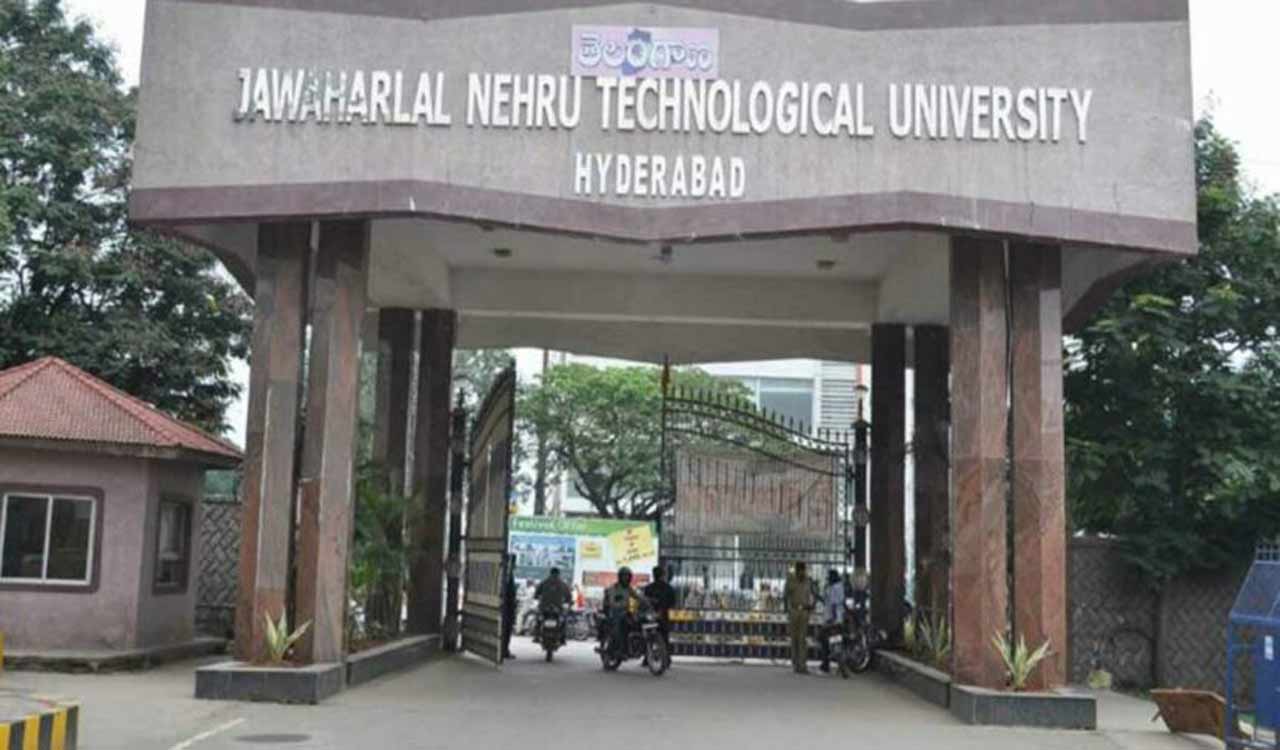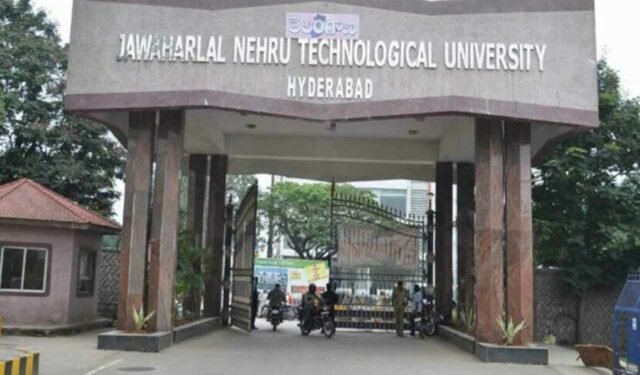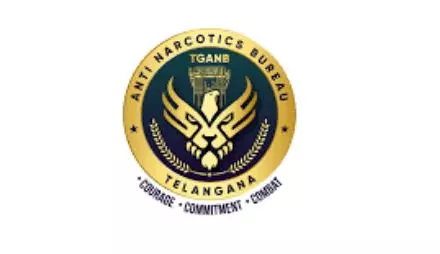The JNTU-Hyderabad, which rolled out R25 regulations for the academic year 2025-26, has re-introduced a flexible credit structure.
Updated On – 4 July 2025, 08:08 PM

Hyderabad: Engineering students at the Jawaharlal Nehru Technological University (JNTU) – Hyderabad can drop four credits from their low-grade or failed subjects. However, this does not apply for labs, seminars, projects or internships undertaken by the student.
JNTU-Hyderabad, which rolled out R25 regulations for the academic year 2025-26, has reintroduced a flexible credit structure that was followed under R15 regulations.
While students joining BTech programmes from 2025-26 require earning 164 credits, the best 160 credits will be used for calculating the cumulative credit point average, allowing students to drop four credits, and their degrees.
However, the new regulations mandate students to meet attendance criteria and other academic parameters to be eligible to drop credits.
Another key highlight of the R25 regulations has been the introduction of multiple entry and multiple exit options. Students can exit the route after clearing all second-year courses while earning two extra credits, including a six-week vocational course or internship.
However, students must submit their exit declaration at the start of the second semester of the second year. Those students who exit the programme will be given a diploma certificate and may rejoin in the third year in future.
Among other key reforms is the introduction of four one-credit courses in second and third years (one per semester). These four courses can be pursued as three domain specific and one interdisciplinary or two each domain specific and interdisciplinary courses. These courses are aimed at improving industry-related skills among students, thereby enhancing their employability quotient,
Further, Indian knowledge system and environmental science (one credit each), Gender sensitization and Constitution of India (0.5 credits each) have been mandatory for students.
Another major change is the launch of the mathematics laboratory for all students to enhance their analytical skills through hands-on learning.
In addition, students missing one mid-term examination on valid reasons need not worry as the university has decided to hold a computer-based test covering all syllabus units for such students.
The R25 regulations introduce several forward-thinking measures designed to enhance student learning, promote skill development, and provide flexible academic pathways, said Prof. T Kishen Reddy, Vice Chancellor of JNTU-Hyderabad.
Effective for students admitted from the academic year 2025-26 in the University’s non-autonomous affiliated colleges, the regulations represent a significant advancement in engineering education, he said.
Autonomous colleges are encouraged to adopt these regulations, course structures, and syllabi as a guiding framework, with the flexibility to implement modifications within permissible limits, he added.







